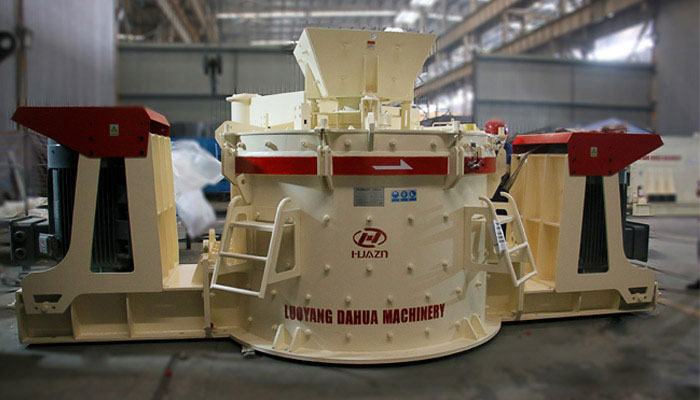Due to stricter control of national environmental protection, the gravel aggregate sand and gravel production line should pay more attention to environmental protection problems. In the event of crushing stone materials, a large amount of dust will inevitably be generated. These dusts not only seriously pollute the natural environment of the surrounding areas, but also will be on the front line. The health of the operating personnel brings great harm. It is polluted for a long time and is likely to be infected with occupational diseases. In this regard, we need to proceed from the following two points to improve the treatment of dust.
1. Wet dust removal
The so-called wet dust removal, as the name suggests, is to use dust to remove dust, effective water spray and humidification, can reduce the situation of dust flying, and achieve the goal of dust removal.
Except for special links, most sand and gravel production lines can use wet dust removal, such as:
(1) Spraying water and humidifying before the aggregate enters the coarse crushing station and the medium and fine crushing station can effectively reduce the dust generated in the broken aggregate of the aggregate;
(2) When the screening machine performs the grading screening of aggregates, the water sieve method is adopted to completely eliminate the dust generation;
(3) Install a spray dust removal device at the discharge port of the belt conveyor;
(4) In the discharge position with high height difference, the buffer chute can be properly installed to reduce the drop of aggregate, which can effectively reduce the flying dust in the sports link.

2. Dry dust removal
The biggest difference between dry dust removal and wet dust removal is that dry dust removal has no water. The advantage is that no waste water is generated in the dust removal step, so there is no need for secondary treatment, but the disadvantage is that the dust removal effect is slightly poor. This method can be used for locations or environments where wet dust removal is not appropriate. The main equipment for dry dust removal is a dry dust collector. The dust spots in the gravel field mainly include jaw crushers, cone crushers, impact crushers, sand making machines, vibrating screens, etc. Target these dust points. The basic requirement for the selection of the precipitator is to select the dust-reducing equipment on the premise of ensuring the dust-reducing effect and the service life of the equipment, with the principle of low power consumption and low investment. We can calculate the required air volume by calculating the model parameter performance of various dust point equipment, and rationally distribute the size and quantity of the dust collector according to the process position of these dust points. The collected fine powder is collected by a conveying device and sent to a fine powder tank. The dusting points of the dry process sand system are mainly sand making machines and vibrating screens. In view of the necessity of dust removal in dry sand making systems, we have specially designed special equipment suitable for this system, namely the powder removing machine.
Whether it is wet dust or dry dust removal, it has a very important role. Wet dust removal is an effective method of dust removal. It should be placed in the priority position in the gravel production line. However, it is also necessary to pay attention to the limitations and disadvantages of wet dust removal, which will increase sewage discharge and bring new problems. Therefore, when choosing how to remove dust, you should pay attention to your own situation. If you want to use wet dust removal, try to be a rainy, water-rich area in the south, and have a good drainage and sewage system. On the other hand, if it is a region with drought and little rain and lack of water resources, it is still necessary to use dry dust removal, reduce water cost, and reduce water pollution treatment.
For more information: you can click: www.lydhchina.com

